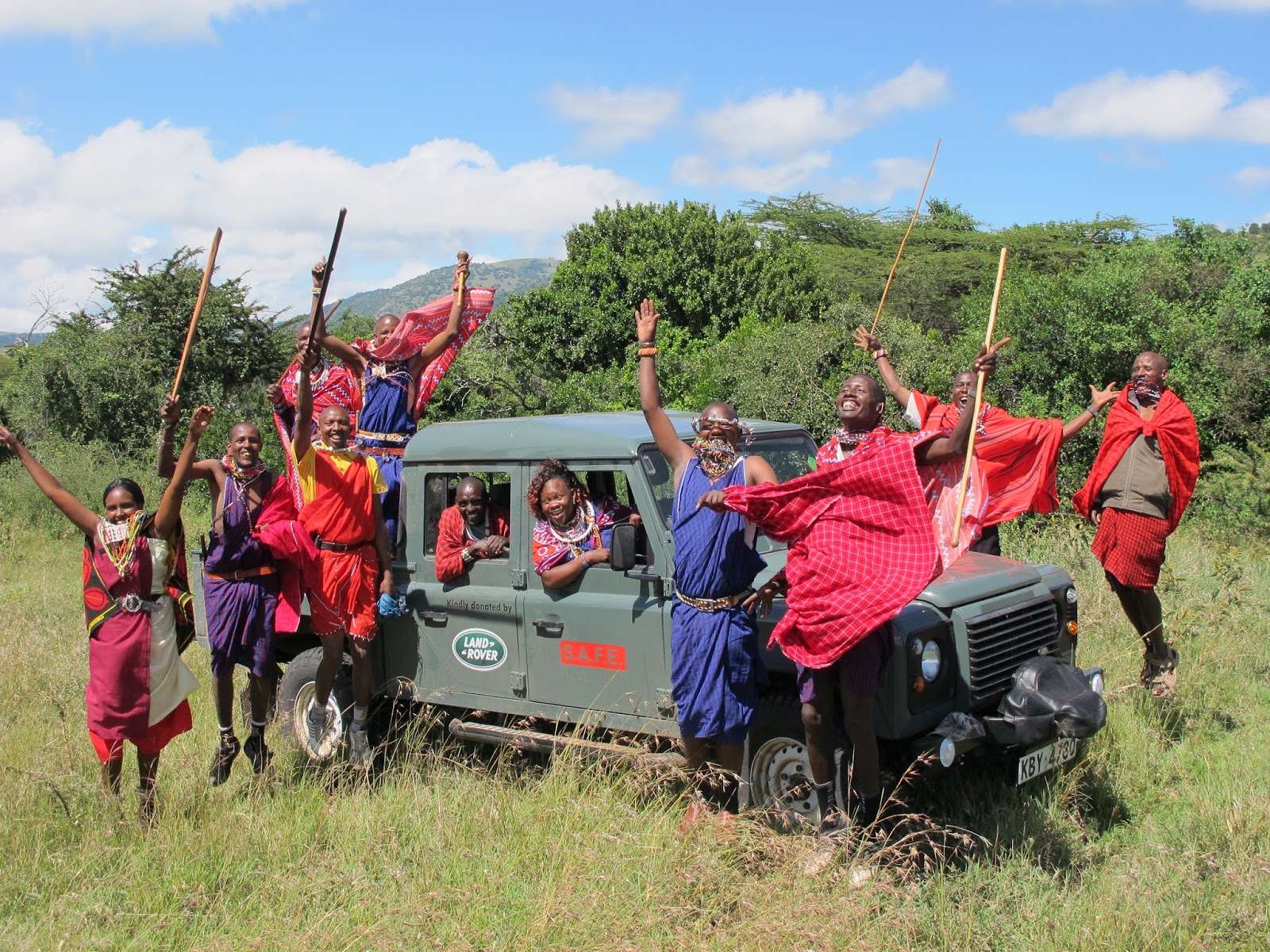Safe Kenya – the end of FGM is in sight….
By Milena Rampoldi and Denise Nanni, ProMosaik. In the following our
interview with Safe Kenya supporting HIV /
AIDS patients, and struggling against FGM. Would like to thank Nick for his
answers. An end of FGM in Kenya is in sight, he says, and this makes me happy.

How was founded Safe Kenya?
return to his home town of Mombasa to establish a paediatric HIV clinic there.
I spent six months in Mombasa and launched SAFE after identifying the woeful
lack of public health education. This was two decades into the epidemic and
still people did not have the facts. Identifying the best actors in Mombasa we
devised a play with a great storyline, and with humour. The impact was
immediate, and it was clear that world class performance could change peoples
lives.
What are the main issues that you address?
last film was about radicalisation of Islamic youth, and we run a big FGM/C
abandonment program with the Maasai and the Samburu tribes. We also look at
clean water, climate change, and environmental protection.
What is the current situation related to FGM
in Kenya and what strategies do you usa to fight this practice?
SAFE uses a performance based approach, with Maasai and Samburu songs and
stories as an entry point to begin debate. These culturally appropriate, non
judgmental interventions allow a discussion to begin from within the culture.
All staff come from the areas we work and are passionate about ending the
practice in their communities. The performances are followed up with workshops
and one on one interventions. In the Loita Hills Maasai community where we
work, the rate of FGM has fallen from 100%, to less than 70%. We believe the
end of FGM is in sight.
In what ways do you challenge the social
norms that cause gender inequality?
SAFE women to become role models in this fearsomely patriarchal society. The
promotion of girl child rights, and access to education is crucial. Early
marriage is a big problem. Once a girl is married she is expected to bear
children, and once pregnant will drop out of school.
How important is to involve men in this
debate?
decision on FGM. And whatever they may say about this being a ‘woman’s issue’,
it is the men who will decide whether to cut their daughter. This decision is
often taken lightly with little consideration for the health implications or
the suffering involved.
Please feel free to add anything that you
may want to say. I’d be glad to receive a couple of pictures, to be published
along with the interview. I will send you the link of the interview as soon as
it will be online.


